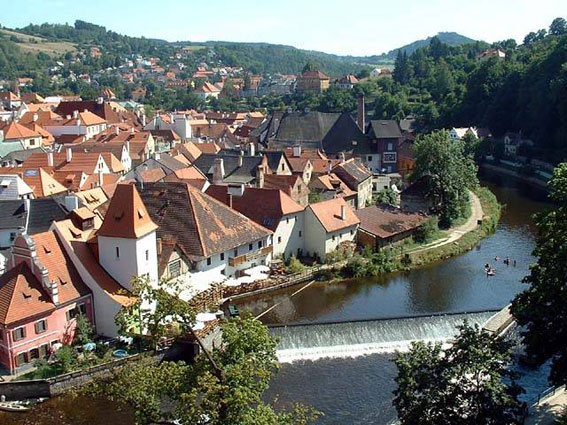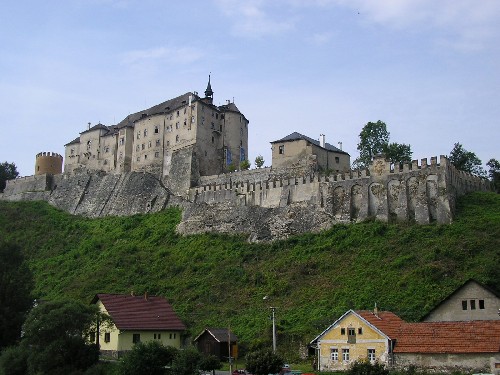 the Czech Republic
the Czech Republic
Russian MFA Information and Press Department Commentary in Relation to Statement by Czech and Polish Officials Concerning Missile Defense
Question: According to an Associated Press report, Czech and Polish officials a few days ago noted in a joint statement that their countries oppose a permanent Russian presence at the US global antimissile facilities that are planned to be installed within the territories of their states. They also stressed that they could admit Russian specialists on a basis of reciprocity. How could you comment upon these reports?
Commentary: Moscow has taken notice of this statement. We regret that instead of engaging in an expert dialogue to alleviate Russian concerns, our Polish and Czech colleagues prefer to communicate with us through the press.
We would like to say that we see no subject for "bargaining" – to admit or not to admit Russian specialists to the US antimissile bases and to hedge or not to hedge this with any "reciprocity" conditions. Recall that the idea of a Russian presence (we shall stress, presence and not visits) at the US antimissile sites in the Czech Republic and Poland belongs to US Secretary of Defense Robert Gates. The aim of that presence, as conceived by the American side, is to convince Russia that the so called third US GMD site is actually not used against Russia's nuclear deterrence capability. And that the GMD site technologically will be able to intercept Russian intercontinental ballistic missiles (ICBMs) is no longer contested by the American side itself.
Mr. Gates voiced his idea in Moscow exactly a year ago. Since then it has been repeatedly modified, acquiring ever more quaint formats. One of them is the recommendation that Russia itself should come to an agreement with the Poles and the Czechs on presence at the US antimissile facilities. One could hardly think up a more absurd situation, especially as the Czech and Polish negotiators have themselves admitted to us the American side had not talked that scheme over with them in good time. Now the suggestion was thrown in to replace the presence with "technical surveillance, for example, with the aid of video cameras. And the very last thing – the demand by the Polish and Czech sides that there should be "reciprocity" observed. Essentially it boils down to admitting Polish and Czech officers "to the Russian missile launch sites" or "military bases in Kaliningrad" that "may be used for targeting the US missile defense facilities in the Czech Republic and Poland." It turns out that the US antimissile bases (which do not have, and will not have for a long time, any targets other than Russian ICBMs) are being deployed near our borders and we should open our strategic objects for US allies, Poland and the Czech Republic, to boot.
In this kind of demands we discern only one thing – unwillingness to conduct a professional dialogue, aimed at practical results. It seems that neither the Czech nor Polish colleagues actually need them in the circumstances.
We would like to reaffirm that if the partners are ready for dialogue at the negotiating table, then we do not intend to avoid it and are going to continue to work with all the parties concerned.
This is exactly what Russian Minister of Foreign Affairs Sergey Lavrov reaffirmed in Warsaw a few days ago.
September 26, 2008










